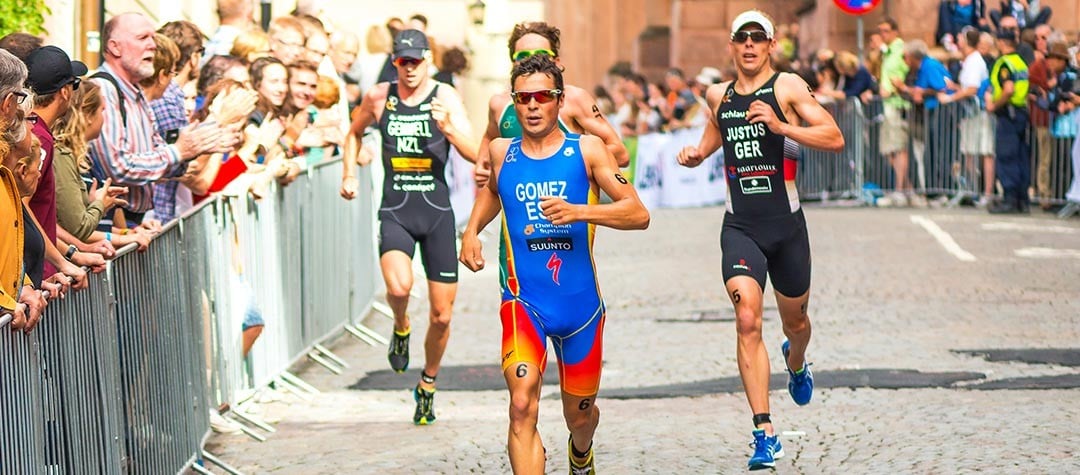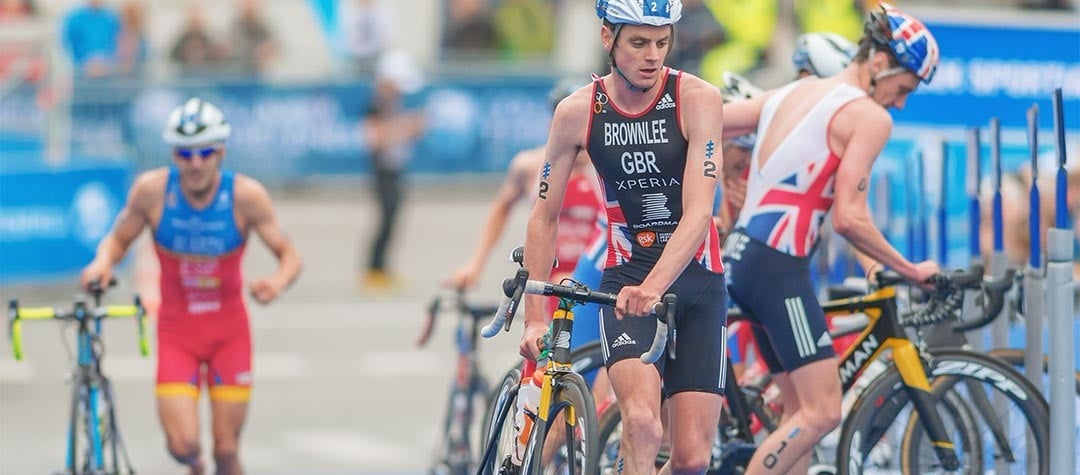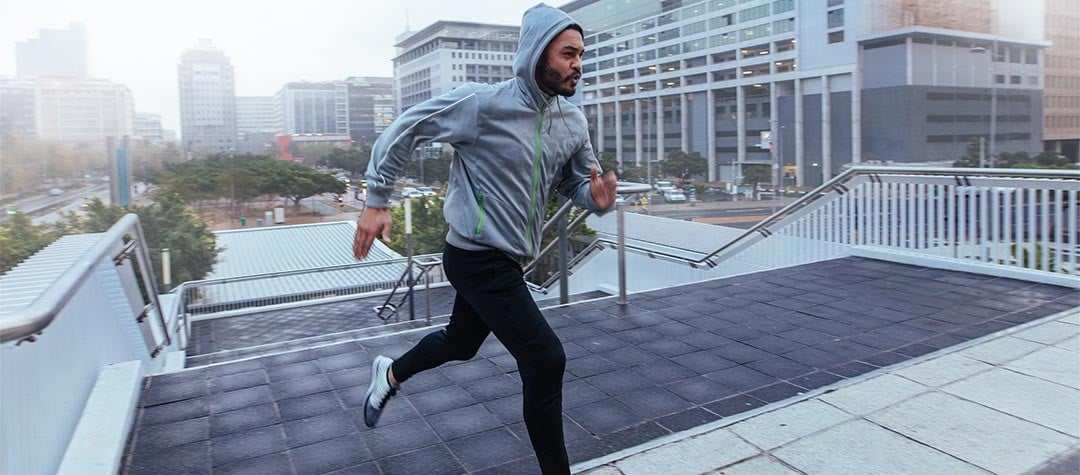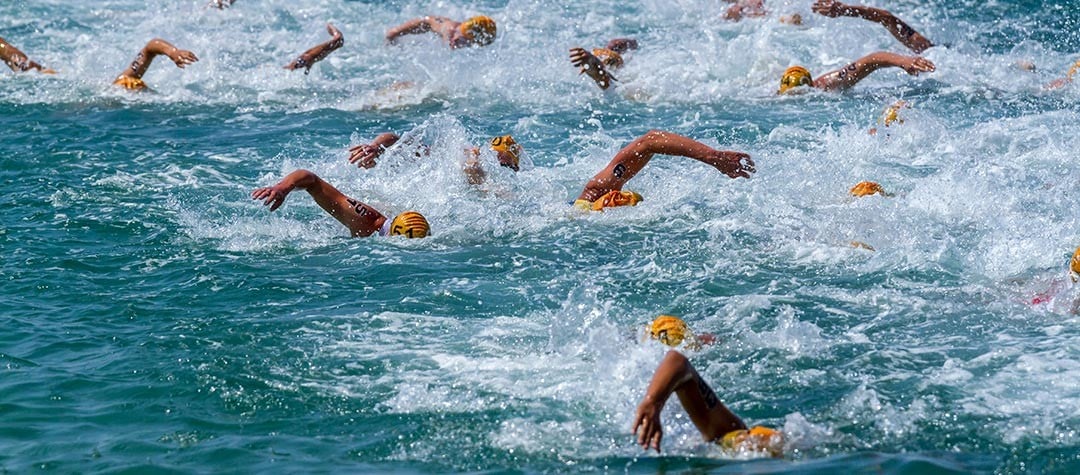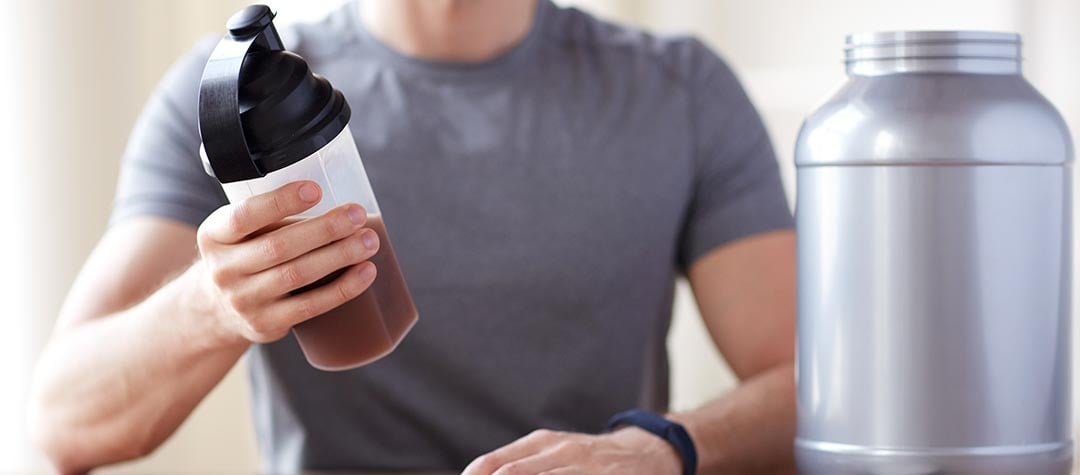Getting into coaching is a natural progression for many people involved in triathlon. Will Clarke provides the lowdown on how, like him, you can become a tri coach.
People become a coach for a variety of reasons. For some it’s because they want to help out the local kids triathlon club or for other they just want to generally give back to the sport that they've enjoyed and had so much out of.
The sport of triathlon is growing faster than ever and there is more demand for coaching from athletes and clubs looking to improve. However it’s not that easy to become a good triathlon coach.
Coaches should have first hand experience of the sport
To become a good triathlon coach it’s very important to have as many personal experiences and as much knowledge of the sport as possible. This is why many pro triathletes like myself go to coaching as a career. As an athlete you get to learn over many years what works well and what doesn’t work well.
You learn about timing or periodisation of training, you learn about discipline and time management, and you learn how to get in that training habit to best get the work done. Crucially you also have to understand the mental side of sport and what the mind has to go through on a daily basis in training and racing. For this reason I recommend budding triathlon coaches practice the sport themselves to gain this knowledge as it’s very hard to understand what your athlete is going through unless you’ve been there yourself.
Coaching qualifications
Qualifications are also important, whether that is a University Sports Science course or similar or something like a BTF Level 1,2,3 coaching qualification or equivalent. That trust in having the right qualifications is important and ticks one of the main boxes on your route to becoming a coach. These courses will teach you the basics of training and will allow you to practice.
Most coaches will shadow another coach for a while before going at it alone. This is obviously important for learning the trade and getting ideas of different ways to coach. Each athlete is unique and works in a slightly different way with what makes them tick, so it will help you to work with a bunch of different athletes of varying skills and mindsets in order to gain experience.
Performance monitoring
These days coaching has also got a lot more technical which also makes it easier for a coach to monitor their performance, but you have to be able to read data and interpret it well from your computer and feedback advice to them.
Athletes use many different gadgets to monitor their performance such as power meters, heart rate monitors, heart rate variability and cadence, to training stress scores. You can view all their data on an online training platform like Xhale and feedback to them via the programme to improve efficiency and communication. This is modern age coaching and is a crucial skill going forward.










